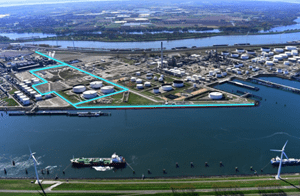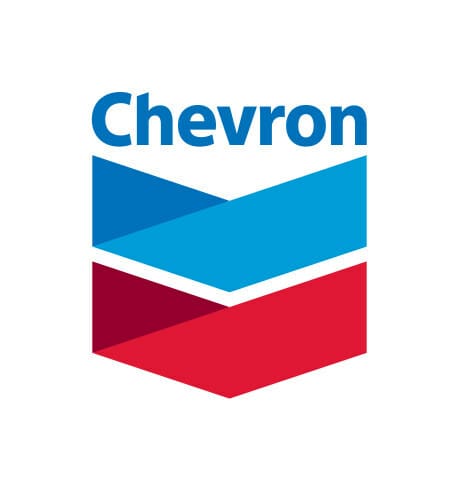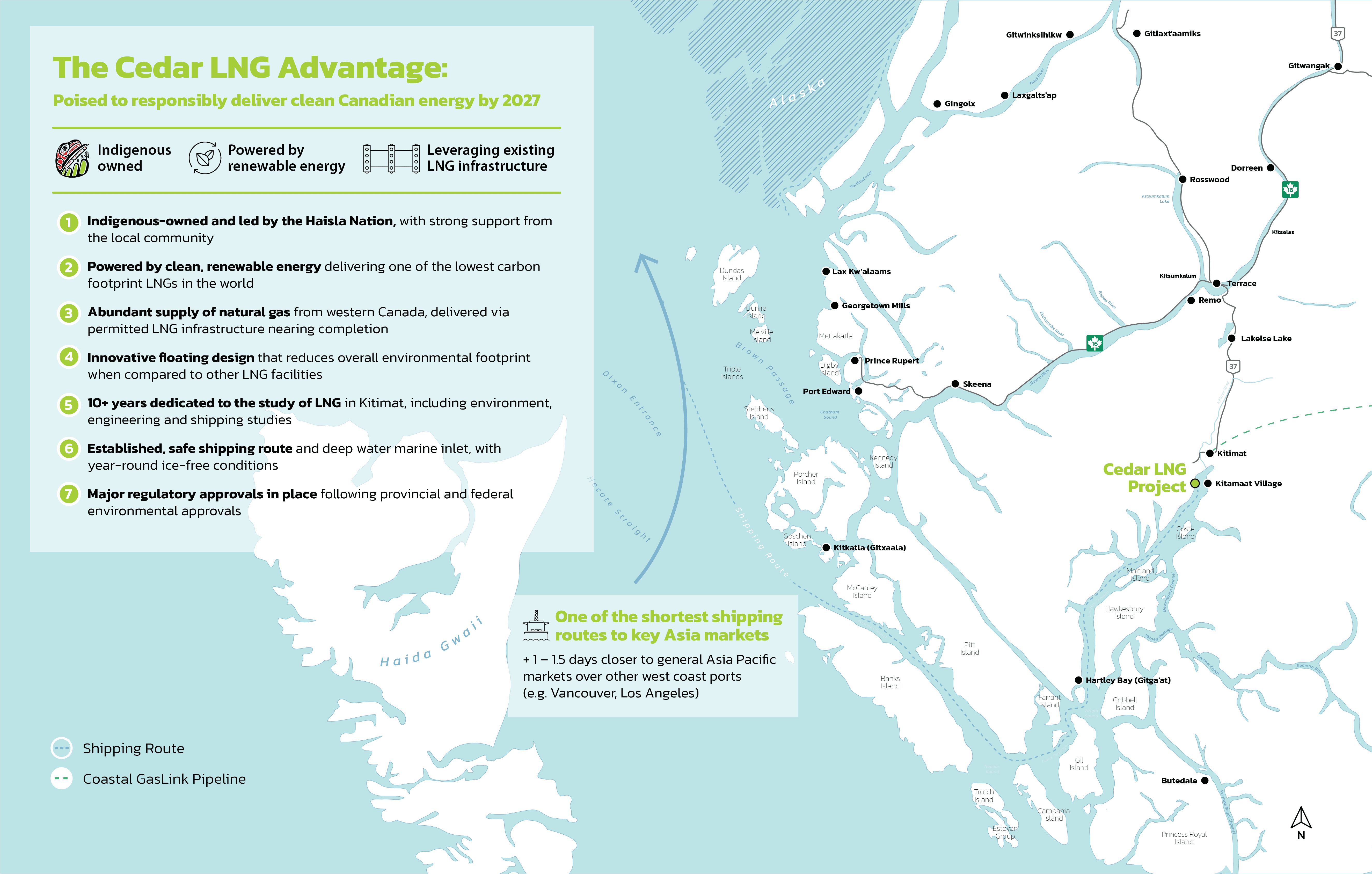Global Energy Storage (GES) and Provaris Energy Ltd (Provaris) have entered a collaboration agreement to develop a gaseous hydrogen import facility at the GES terminal in Rotterdam. GES is developing a multi-client, multi-product terminal in Rotterdam, able to import both refrigerated ammonia and compressed hydrogen, with redeliveries into barges, rail, truck, and the hydrogen grid (HyNetwork) operated by Gasunie.
Under the collaboration, GES and Provaris will complete a comprehensive prefeasibility study to demonstrate the technical and economic viability of berthing and unloading of Provaris’ H2Neo compressed hydrogen carriers. Activities will also include the joint marketing of the proposed facility where Provaris will be responsible for the transportation of the hydrogen in the H2Neo carriers and GES responsible for the discharge and injection into the hydrogen grid.
Both parties have a shared belief that the GES terminal in Rotterdam is an ideal site for bulk scale import of green hydrogen given the early connection to the HyNetwork grid for gaseous supply to industrial users in the Port of Rotterdam and key industrials users in Europe. GES said that Provaris’ compressed hydrogen supply chain offers a first mover and competitive alternative to chemical carriers from regional supply sources from the Nordic region and extend across the Baltics, North Sea, Iberia, and down to North Africa. The companies said they are committed to advancing an energy efficient and timely supply of green hydrogen to industrial users in Europe to support ambitious decarbonization goals.
During 2024 GES and Provaris will complete prefeasibility level studies focused on the jetty facilities to discharge the H2Neo carrier, along with scavenging compression, storage, HyNetwork grid connection, risk and safety, emissions, and other permitting and environmental considerations.
Provaris has advanced the H2Neo hydrogen carrier through an extensive front-end engineering and design (FEED) package design approval in December 2022, with a Prototype Tank under construction and testing program underway in Norway to support a final construction approval from Class targeted for mid-2024.
















